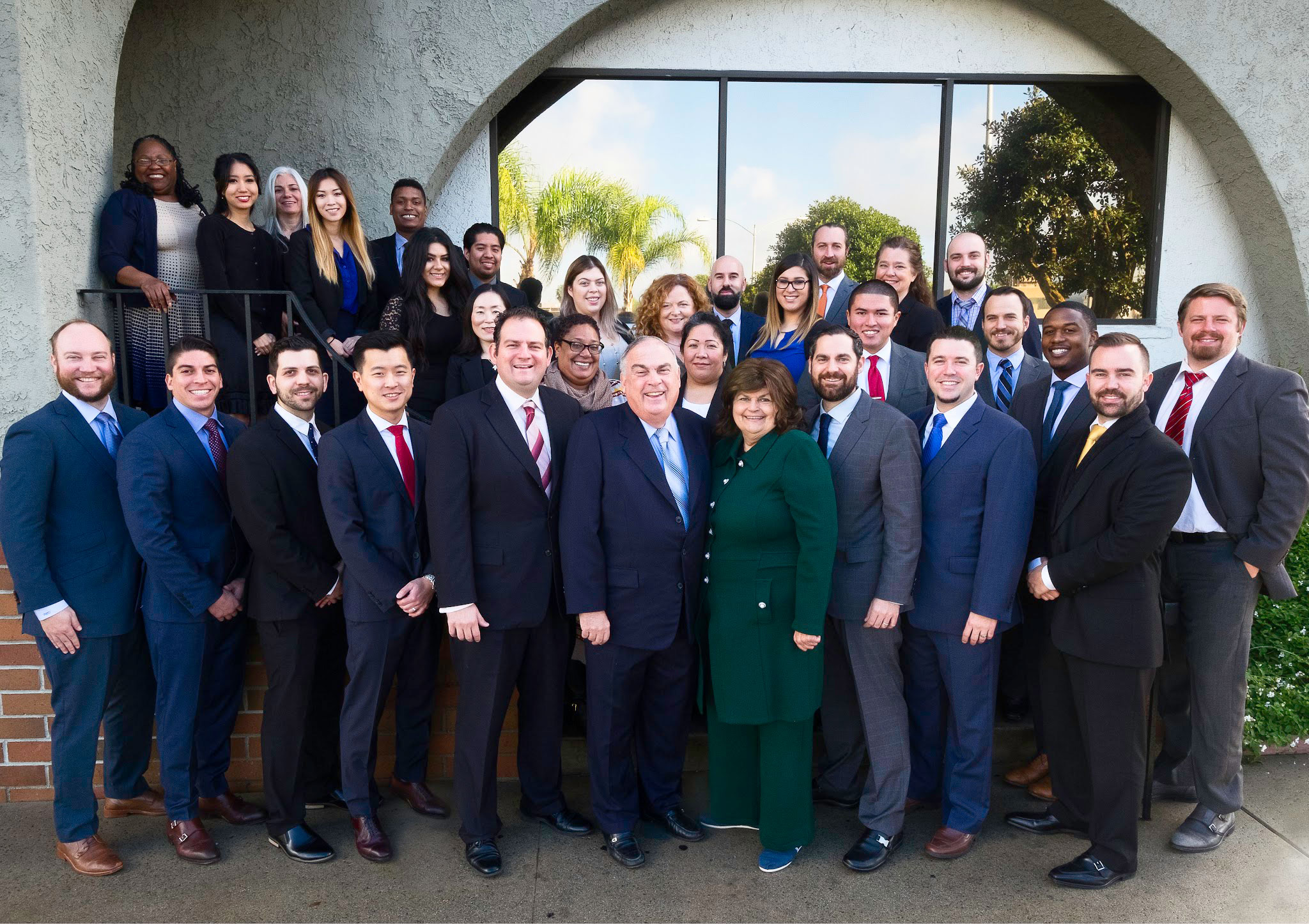Investing in small businesses has long been incentivized through tax benefits, notably the Qualified Small Business Stock (QSBS) exemption under federal law. This provision allows investors to exclude a significant portion of capital gains from taxation, provided specific criteria are met. However, state tax treatments of QSBS vary, and California does not follow federal QSBS rules, making it important for investors to understand how these exemptions apply in 2025.
Federal QSBS Exemption Overview
Under Section 1202 of the Internal Revenue Code, investors who acquire stock from a qualified small business (QSB) directly and hold it for more than five years may be eligible to exclude up to 100% of the capital gains upon sale. The exclusion can be substantial, potentially up to $10 million or 10 times the adjusted basis of the investment, whichever is greater.
The goal of the federal QSBS exemption is to stimulate investment in small businesses by offering considerable tax relief to investors. For a business to qualify:
- The company must be a domestic C corporation
- Gross assets must not exceed $50 million at the time of issuance
- The corporation must be engaged in an active business, excluding certain industries such as financial services, professional services, and real estate
For more details on QSBS at the federal level, visit the IRS website.
California’s Historical Perspective on QSBS
California once provided a partial state-level tax exclusion for QSBS gains, conforming in part to federal guidelines. However, in 2012, a pivotal court ruling (Cutler v. Franchise Tax Board) found California’s QSBS rules to be unconstitutional because they unfairly benefited in-state companies over out-of-state companies.
In response, California eliminated QSBS tax exclusions in 2013. Since then, California has taxed all QSBS gains as regular income, even if they are exempt at the federal level. This means investors in California must pay full state income tax on QSBS sales, regardless of their federal exemption status.
For further details, see the California Franchise Tax Board’s guidance on QSBS.
Current Tax Implications for Investors in 2025
As of 2025, while the federal government continues to offer generous tax breaks for QSBS, California does not offer any state-level tax exemptions for such gains. Investors residing in California (or subject to its tax laws) will owe state income tax on the full amount of capital gains from QSBS sales, despite any federal exemptions.
Key takeaways:
- Federal: Up to 100% of QSBS gains may be tax-free if the investor meets the holding period and eligibility requirements.
- California: All QSBS gains are taxable under California’s state income tax laws.
For more information, check out Robert Hall & Associates’ guide on QSBS taxation in California.
Strategic Considerations for Investors
Since California does not conform to the federal QSBS exemption, investors should consider alternative tax planning strategies, including:
- Thorough Tax Planning – Work with a tax professional to assess both federal and state tax liabilities before making investment decisions.
- Entity Structuring – Consider alternative business structures or investment vehicles that may offer better tax treatment under California law.
- Geographical Diversification – If feasible, investing in businesses located outside of California can help reduce state tax exposure.
For a deeper understanding of tax strategies, see the IRS QSBS resource.
Conclusion
While the federal QSBS exemption remains an effective way to reduce capital gains taxes, California does not conform to these rules, meaning investors are fully taxed on QSBS sales at the state level.
Investors should stay informed, consult with tax professionals, and explore alternative tax strategies to minimize their liabilities. For the latest updates on California tax laws, visit the California Franchise Tax Board website.
